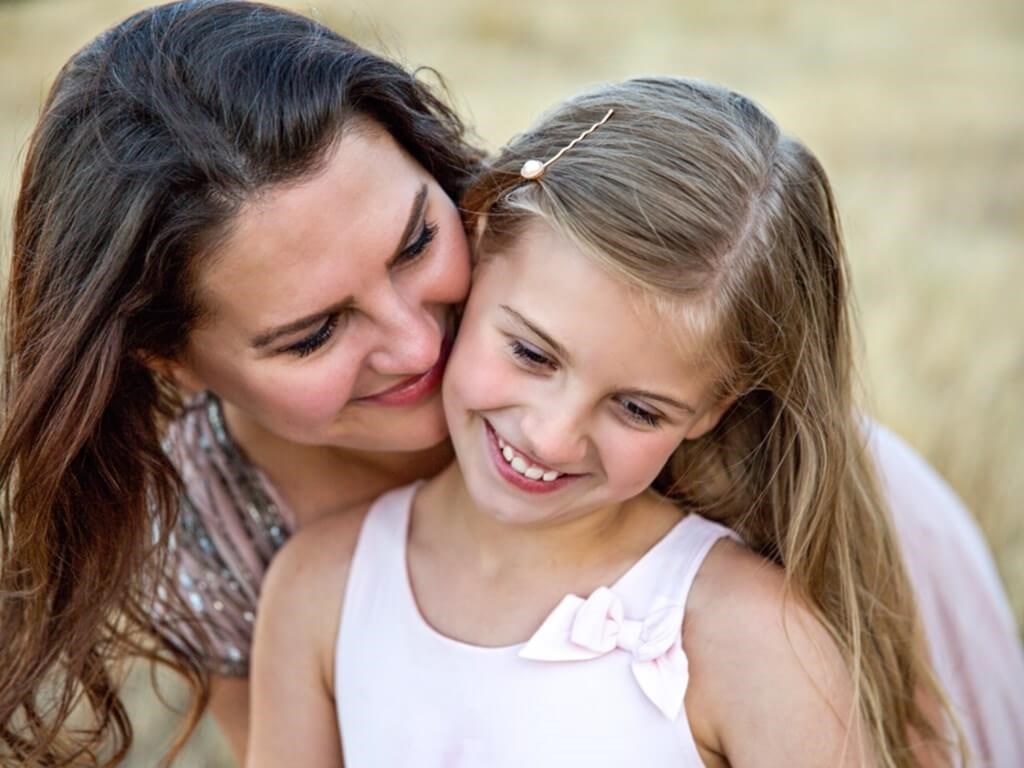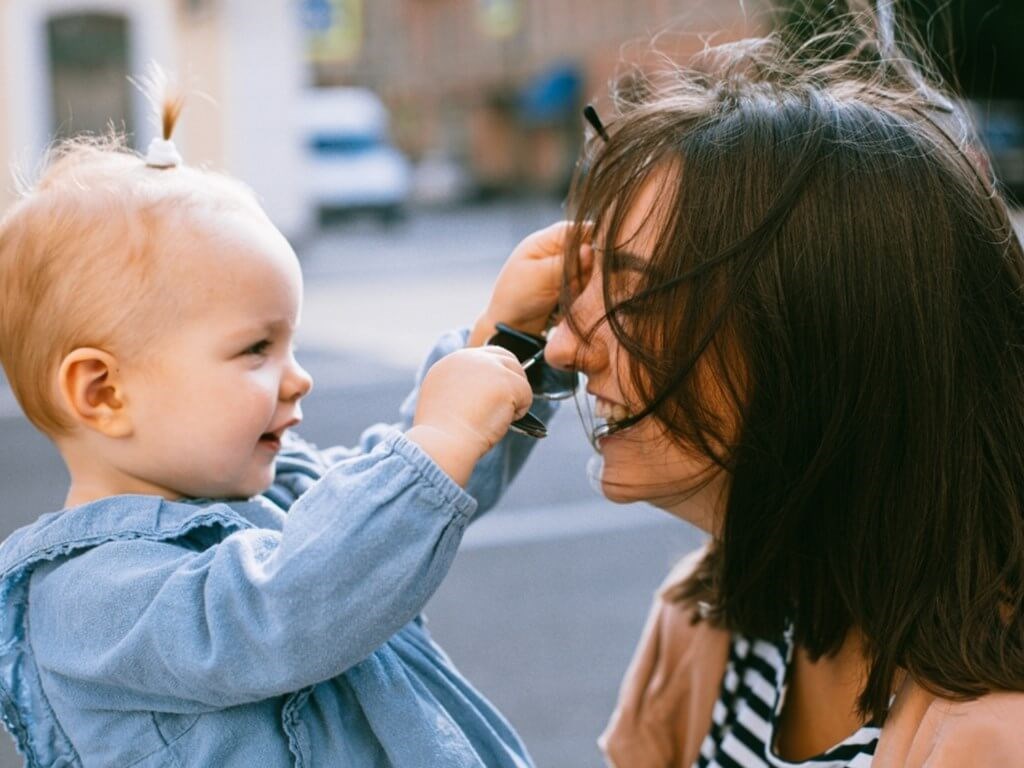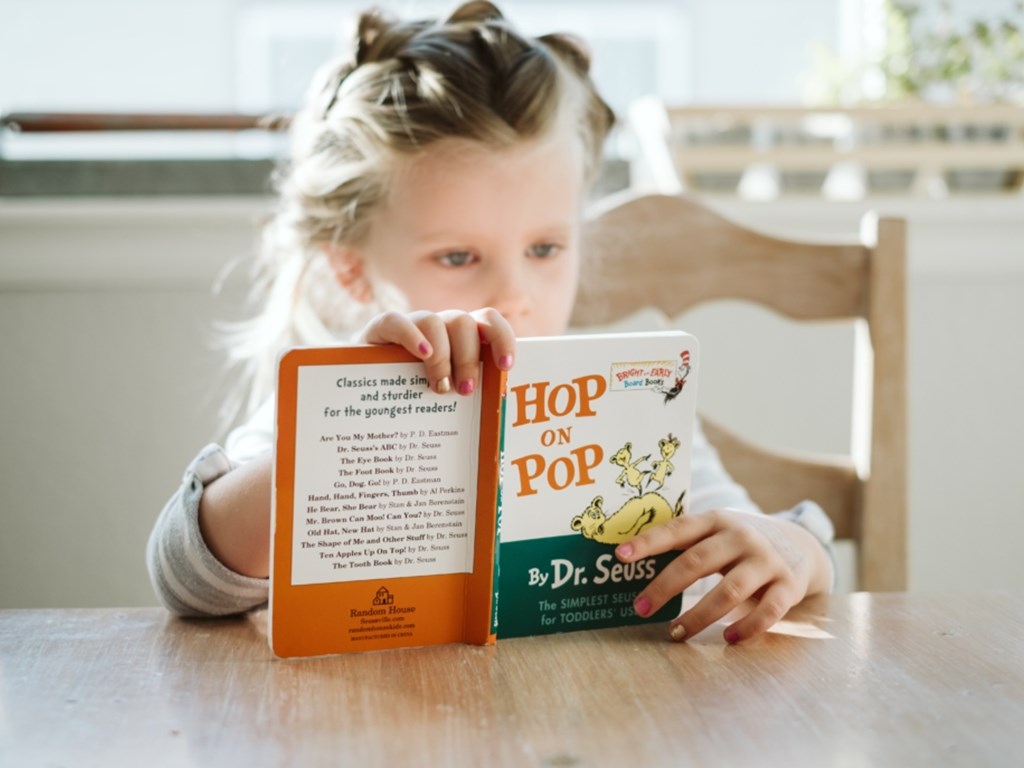Telling Your Child That They're Donor-Conceived: The Full Guide to Parents
Do you wonder when and how to tell your child that he or she is donor-conceived? In this blog post, we offer advice on how to tell your child about their donor conception including what to say when.

When should you tell your child that he or she is donor-conceived?
The operative word here is when, not if you should tell your child that they are donor-conceived. As a trained psychologist, Henriette Cranil works with donor-conceived families on a regular basis. She advises that you always tell your child that he or she is donor-conceived and about his or her biological heritage.
According to Henriette Cranil, it’s a good idea to start telling your child about its background from the very beginning. Most children can sense the mood in their mother’s or father’s voice before they develop language of their own. For that reason, your child will associate the topic of donor-assisted conception with something positive when you explain it to them in a relaxed and open manner.
“Conversations with your child might not always be easy”, Henriette says. "But if you start telling your child that they are donor-conceived at an early age, you’re paving the way for a general openness around the topic. This will make it a more natural thing to talk about as your child grows older. Start by explaining in very simple terms how children come into this world. Then, explain how this is done with donor sperm or donor eggs. Keep your language simple and consider making your story more concrete by drawing it or using a picture book.”
It is not about if you are going to tell your child that he/she is donor-conceived. It is about when.
The earlier you start having this conversation, the better. Sharing the truth has a huge impact on the connection and trust between yourself and your child. Knowing our biological heritage is incredibly important to our sense of self and the development of our identity. For that reason, a child should learn about being a donor child early on. Having said that, Henriette Cranil stresses that it’s never too late to tell your child that they are donor-conceived and about their biological background.
What should I say when I tell my child that he/she is a donor child?
It might be difficult to start a conversation and tell your child about being donor-conceived. But Henriette Cranil reminds us that the relationship between child and parent won’t suffer from having conversations about difficult topics. On the contrary, telling your child that he/she is donor-conceived can strengthen the bond between yourself and your child.
According to Henriette Cranil, we should be careful not to transfer any apprehension we might have about the topic to our children. Often, children have a much more simple and straightforward outlook on the world. That goes for this topic as well.
Don’t wait for your child to start asking questions. You need to initiate the conversation and make sure that the dialogue is positive and natural.
Depending on the situation and the age of the child, you can start the conversation and tell your child that he/she is donor-conceived in many ways. Regardless of circumstance, Henriette Cranil advises that you, the adult, initiate the conversation. Don’t wait for the child to start asking questions. You need to take responsibility and make sure that the dialogue about the topic is positive and natural.
Henriette adds: “There are no details about the process that you should omit when speaking to your child. But make sure you match the level of complexity with your child’s age and comprehension level.”
When do I say what?
Donor children aged 0-2
At this age, it’s a good idea to start telling your child that they are donor-conceived gradually. Tell him or her in small snippets while your child is playing or while you’re spending some downtime together.
Telling your child about donor conception at a young age helps them understand that they are donor-conceived as they grow older.
“You can draw the situation or read one of the many good children’s books on the topic. Picture books showing how children come into the world are also a good option. At this age, your child won’t fully comprehend what you’re telling them, but fragments of your story will settle into their minds and over time, form the basis of their understanding.
Donor children aged 2-5
During this time, your child will develop enough language and cognitive skills for you to tell them more about the donor. You can also start to explain to them why you decided to get help to have children and why they are donor-conceived.
“Books, images and puzzles will enable the child to start asking questions and think aloud, so you can have an open conversation. Typically, children this age won’t maintain conversation for long, so it’s a good idea to return to the subject once in a while. Again, you should initiate the conversation and not wait for your child to bring it up.”
At this age, children will also start getting questions about their family from their friends. Questions or statements about how you can have two mothers or that the child doesn’t have a father will pop up. It’s natural for children this age to be curious about each other and wonder about things that are different from themselves.
Henriette explains: “It’s normal for kids this age to start making sense of what they experience. For instance, by saying that ‘Hannah’s dad is dead.’ This makes sense to a small child because he or she distinguishes between something being present or something being absent. If it’s absent, it must be because it’s dead.”
Henriette recommends that you explain to your child that his or her dad isn’t dead. Instead, tell your child that he’s a sperm donor (“a man who has provided sperm”). That way, your child has answers at the ready when friends ask questions. It gives the child a sense of security that he can answer the question himself: “I don’t have a daddy. My mum used a donor who gave her some sperm cells, so she could have me”.
Donor children aged 5-9
When children reach this age level, their way of thinking starts to mature. The child will start asking questions of her own and connect pieces of information provided to her.
It’s common that children from the age of 6 or 7 are interested in matters relating to life and death. For instance, the origin of life on earth, where we come from and perhaps the history of the family. That means lots of openings for new conversations about the topic of being donor-conceived. Including themes like what does mum know about my donor?, can I meet my donor?, do I have half-siblings? and so on. Again, Henriette Cranil recommends that you, the adult, initiate the conversation. But most likely, a lot of the questions will come from the child – provided that the topic of donor-assisted conception has been openly discussed in the past.
Children this age pick up impressions from all over: television, social media and so on. These sources of information will provide ample opportunity for conversation. Perhaps it’s an interview with a donor explaining his thought process before deciding to donate or an adult donor child telling her story. You’ll be able to gradually tell your child more and more about the topic. And in turn, this will lead to more questions from your child.
Pre-teen donor children (9-13 years of age)
Most pre-teens have a well-developed capability of abstract thinking. This means that they’re able to ask nuanced questions, draw logical conclusions and imagine situations that are not based on personal experience.
At the beginning of this age level, children go from asking “what questions” – what are egg and sperm cells? What is a donor? What does it mean to be donor-conceived? – to an interest in correlations. That means, questions starting with “why” or “how”. Why did mum choose to use a sperm donor? Why don’t I have a dad? How does a medical professional perform inseminations?
“As a parent, you need to welcome these new types of questions. Also, know that your child will reflect more deeply on the topic: how do I feel about being donor-conceived? How do I feel about being compared to a traditional family?”, Henriette says.
The role of the adult continues to be that of supporting the child in all reflections. You need to be open and curious about positive as well as potentially critical thoughts that the child is having. This openness and willingness to listen to the full breadth of what your child is thinking should be sustained through adolescence.
Henriette summarises: an adult donor child should possess all information about their biological heritage and the considerations driving the choices to have him or her.
Can I get professional help to tell my child that it is donor-conceived?
Some professionals have specialised in counselling parents on donor children-related topics, such as how you should be telling your child about donor conception, among them Henriette herself.
“I find it really positive when parents seek professional help to make sure that they do the right thing for their child and the family as a whole”, Henriette says. “That said, a lot of the work can be done by parents on their own if they shed their insecurities and apprehension about the topic. Start talking to your child today – if you are open to and non-judgmental towards their reactions, you’re already well on your way.”
Related articles
 Life as a parent
Life as a parentHere's How to Tell the World that You're a Solo Mum
You might already know how to talk to your child about being donor-conceived, but how do you speak to strangers and colleagues about it? Psychologist Henriette Cranil gives you her best advice for the conversations to come.
 Life as a parent
Life as a parentChildren’s Books about Donor Conception and Modern Families
Telling your child that he or she is donor-conceived can seem a little overwhelming. Where do you start? What are the right words to use? Don't worry, there are plenty of children’s books that lend a hand with explaining it all.
 Life as a parent
Life as a parentTelling Your Child That They're Donor-Conceived: The Full Guide to Parents
Do you wonder when and how to tell your child that he or she is donor-conceived? In this blog post, we offer advice on how to tell your child about their donor conception including what to say when.
 Matilde Hansen
Matilde Hansen